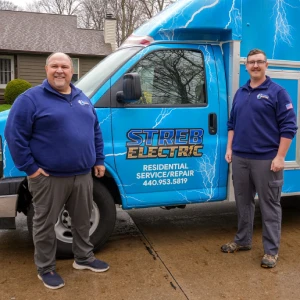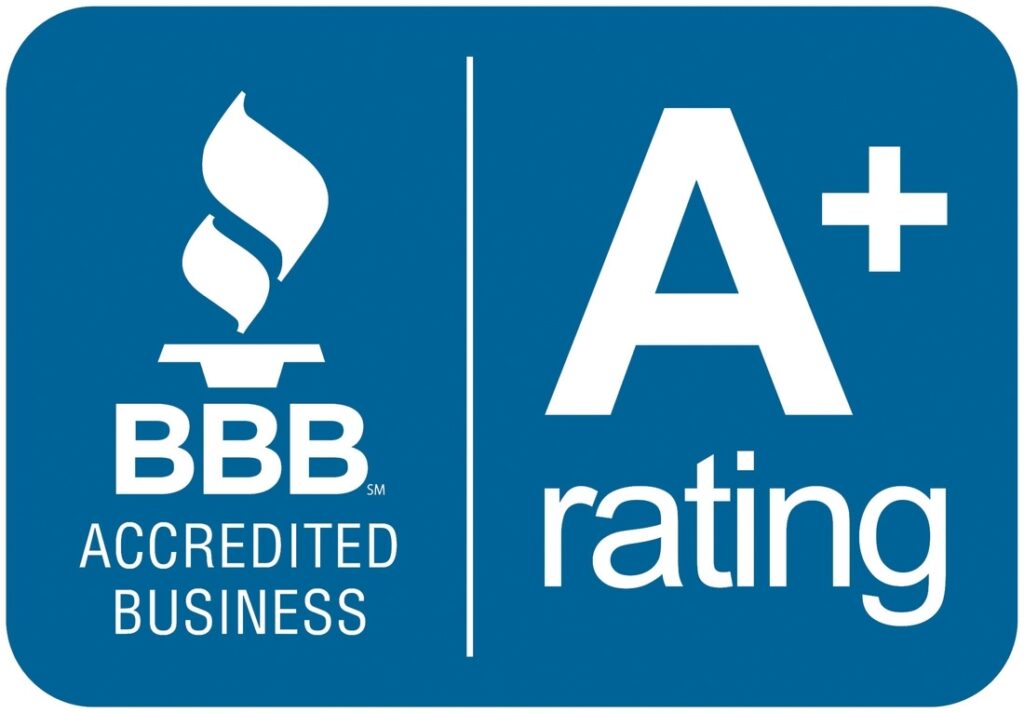If you have lived in Northeastern Ohio for any length of time, you know the weather can change quickly. One moment it is calm, and the next an ice storm or summer thunderstorm has cut the power to an entire neighbourhood. For businesses, that can mean lost sales and unhappy customers. For homeowners, it can disrupt comfort, safety and even basic needs.
A generator can keep your lights on, your sump pump working and your business running without interruption. But with so many types, sizes and fuel options, how do you know which one is right for you?
This guide will walk you through the main options and share a local example to help you make the right choice.
A Real Story from Last Winter’s Ice Storm
In February, a heavy ice storm swept through Lake County, bringing down tree branches and power lines. Many homes were without electricity for more than 24 hours. One family in Mentor had installed a standby generator the year before. While neighbours searched for flashlights and space heaters, their home stayed warm and lit, with the fridge and even the Wi-Fi working.
A small bakery in Painesville also stayed open thanks to its commercial generator. They saved hundreds of dollars in ingredients and became a welcoming spot for locals to get coffee and fresh bread while the rest of the street was closed.
Stories like these are becoming more common as more people see the value of backup power before the next storm arrives.
Standby vs. Portable: Two Main Generator Types
When it comes to emergency power, most people choose between standby generators and portable generators.
Standby generators are installed permanently outside your home or business and connect directly to your electrical system. They start automatically within seconds of a power outage. They can run your heating and cooling systems, lights, refrigerator and other essentials. Many Ohio homeowners find the peace of mind worth the investment, especially knowing the whole house will stay powered even if they are away.
Portable generators are a more affordable option. They can be kept in a garage or shed and brought out when needed. They need to be started manually and refuelled regularly, but they are useful for powering a few key appliances during short outages. They are also handy for outdoor events and camping.
Fuel Options: What to Consider
Not all generators run on the same fuel, and your choice will affect convenience, cost, and long-term reliability.
- Gasoline: Easy to find but needs to be stored carefully and replaced regularly.
- Diesel: Known for efficiency and durability, especially in larger units.
- Natural Gas: Connects directly to your gas line, so you don’t have to worry about refueling.
- Propane: Burns clean, stores well, and works well for rural properties with propane tanks.
If you already use natural gas or propane, connecting your generator to that supply can make things simpler.
How to Figure Out Your Power Needs
Choosing a generator is not just about picking the largest one you can afford. Too small, and it will not handle the load. Too large, and you may spend more than necessary.
Start by listing the things you would want to keep running during an outage:
- Heating or cooling
- Refrigerator and freezer
- Sump pump
- Lighting
- Medical equipment
- Wi-Fi and electronics
A licensed electrician can then calculate the total wattage and recommend the right size for your needs.
Why Businesses Need to Think Ahead
For a business, a power outage can cause more than inconvenience. It can lead to spoiled stock, lost sales and unsafe conditions for staff or customers. A properly sized generator keeps things running smoothly, even when the grid is down.
Think of a small retail shop that keeps its doors open during a blackout, or a restaurant that avoids throwing away thousands of dollars in refrigerated inventory. The investment in a generator can quickly pay for itself during one major outage.
Installation and Safety: Don’t Cut Corners
Installing a generator isn’t the kind of project you can just figure out with a YouTube video. It involves electrical load balancing, proper grounding, and, for standby models, integration with your home’s or business’s wiring through a transfer switch.
Poor installation can cause dangerous issues such as sending power back into the grid, which puts utility workers at risk, or even starting a fire. Always use a licensed electrician to install your generator.
Keeping Your Generator Ready for the Next Storm
A generator is only useful if it works when you need it. Regular maintenance helps avoid unpleasant surprises. That means:
- Running it periodically (especially before storm season)
- Checking fuel levels and quality
- Changing oil and filters according to manufacturer guidelines
- Inspecting for wear and tear
And always, always run generators in a well-ventilated area to prevent carbon monoxide buildup.
Permits and Rules in Ohio
Depending on where you live, installing a standby generator may require a permit. This usually involves following local placement rules, meeting noise restrictions, and passing an electrical inspection. It’s worth checking with your city or township before starting any installation to avoid delays or fines.
Why Backup Power is Becoming More Common in Ohio
With winter ice storms, heavy summer thunderstorms and occasional high winds, power cuts are not rare here. Many homeowners and businesses now see generators as a necessity rather than a luxury.
For example:
- A sump pump that keeps running during heavy rain can prevent basement flooding.
- A furnace or AC that stays on can keep your family safe during temperature extremes.
- A business that keeps its doors open during an outage can become the go-to spot in the community.
Final Thoughts
Choosing the right generator comes down to knowing what you need, understanding your fuel and installation options, and planning ahead before the next big storm hits. Whether you opt for a portable model for occasional use or a full standby system that powers your whole property, the peace of mind is hard to beat.If you are unsure where to start, speak to a licensed electrician who can guide you through the options and make sure your generator is ready when the lights go out.








